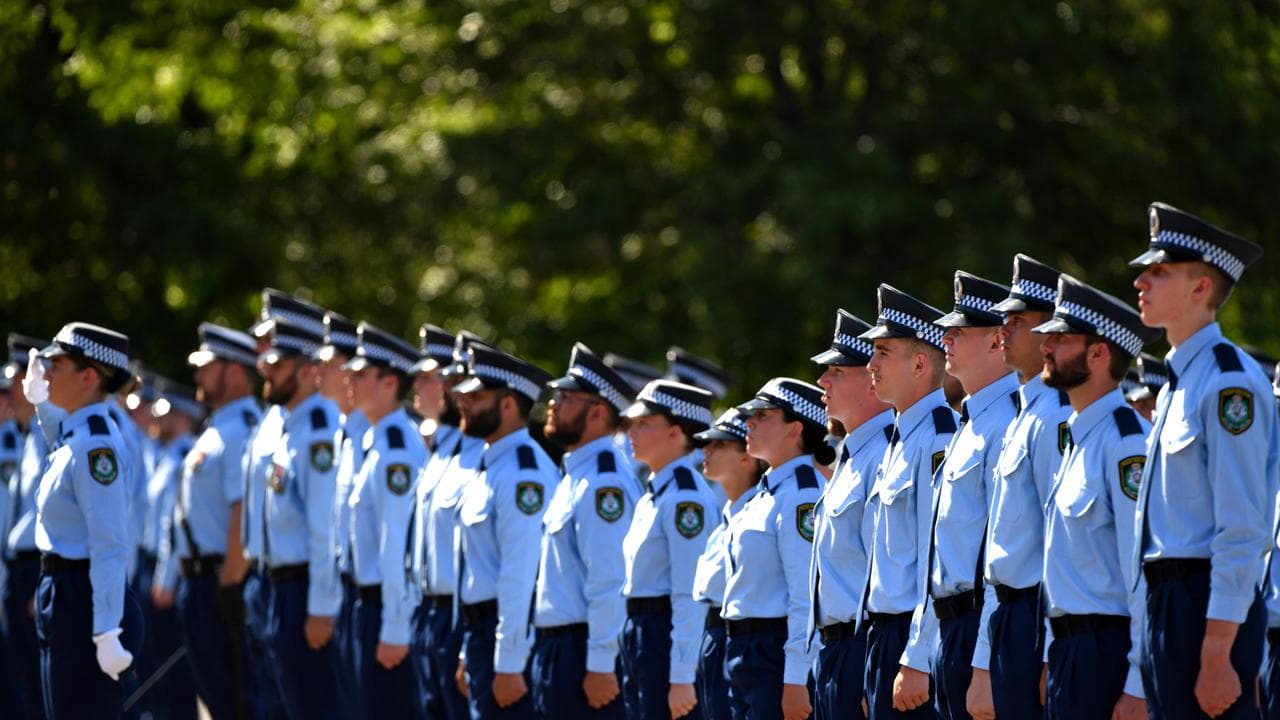
Student police officers in NSW will receive a salary during their training in a push to combat chronic staff shortages and counteract lucrative interstate incentives.
From March, student police officers will be paid while completing a 16-week course at the Goulburn Police Academy.
They will receive a total salary of about $30,984, working out to about $1360 per week plus superannuation and around $380 in award-based allowances.
The 16-week course is the first step in an associate degree in policing practice, which costs a total of $21,132 if payment is made under the FEE-HELP deferment scheme.
Once recruits have finished the course, students will be employed as probationary constables and earn an annual salary of about $80,000.
NSW Police has more than 1500 vacancies and Premier Chris Minns said the force was stretched and overworked, issues that would not be fixed without recruiting and retaining more officers.
"We want to attract a diverse new cohort of NSW police officers," he said.
The announcement brings NSW in line with other states that already pay police trainees allowances to undertake study.
“Some other states have more generous schemes in place, but this one we can do right now,” Mr Minns said.
Queensland Police offers up to $20,000 in relocation assistance for those moving interstate, a sum NSW Police Commissioner Karen Webb labelled a “sugar hit”.
She said the new payments would ensure those wanting to join the police force did so in their home state.
Current recruits will receive pro-rata scholarships from their education providers from Tuesday.
The incentive is aimed at increasing the number of mature-age students, women and people from low-income households applying to join.
Mr Minns cited the removal of the public service wages cap as the government's move to address poor retention rates in essential jobs.
“The only way to do that is to have a fair wage deal with our frontline workers,” he said.
Police Association of NSW president Kevin Morton said paying recruits during their training was the best way to remove hiring barriers.
"It takes a special kind of person to want to be a police officer but with today's cost-of-living challenges, not many of us can afford to forgo income for 16 weeks," he said.
Ms Webb said the shift would be significant for the organisation.
"Breaking down the barriers for people to leave one job and start with us without being financially disadvantaged is the most attractive incentive we’ve been able to offer for many years," she said.
"I know all our current hard-working, dedicated officers will be very relieved."




